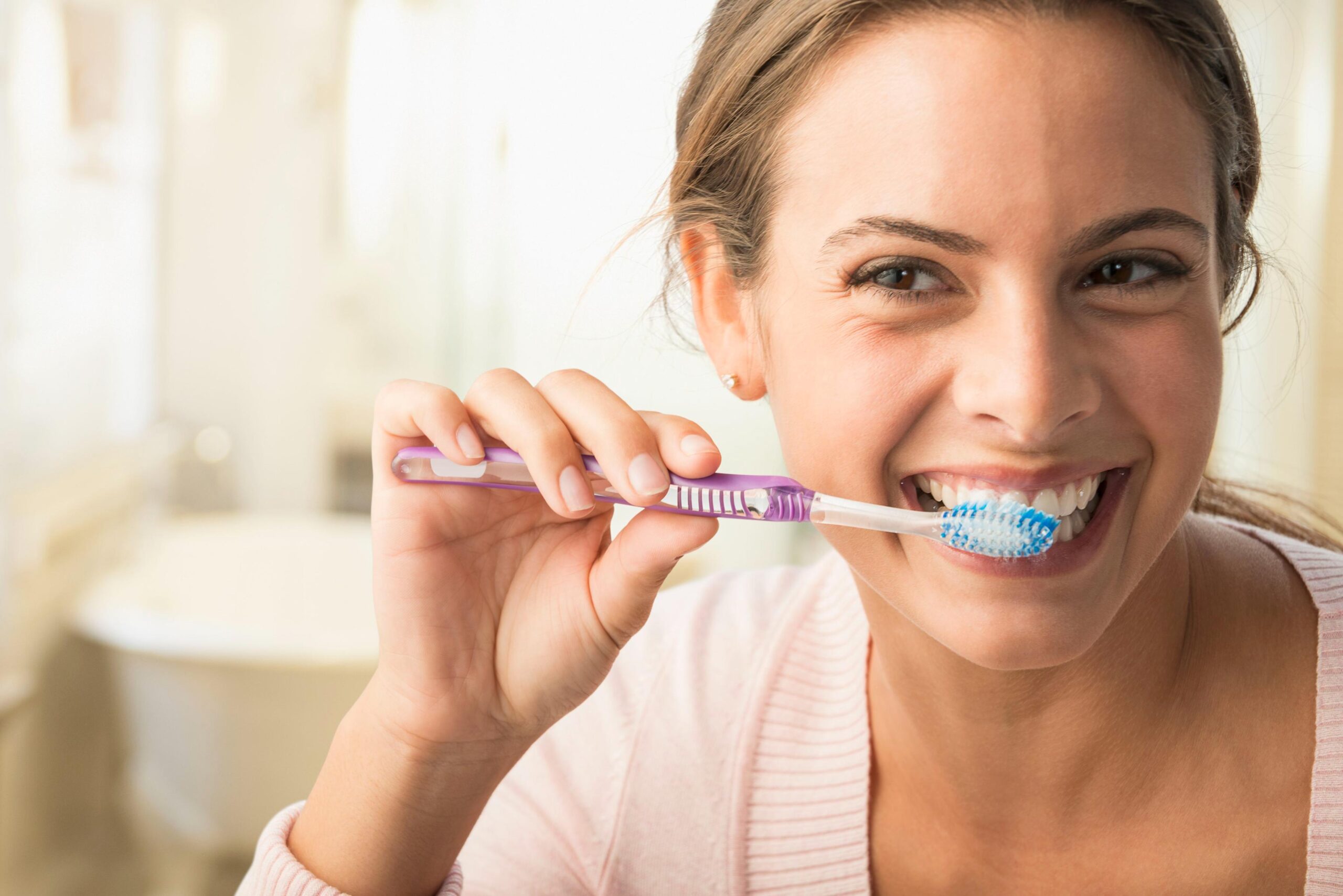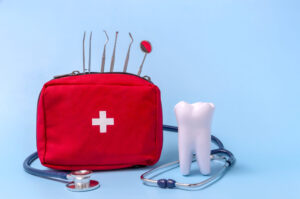Understanding Whitening Toothpaste
What is Whitening Toothpaste?
Whitening toothpaste is a type of toothpaste that claims to whiten teeth by removing stains and discoloration. It typically contains abrasive particles and chemicals such as hydrogen peroxide or carbamide peroxide, which help break down stains on the teeth’s surface.
How Does Whitening Toothpaste Work?
Whitening toothpaste works through a combination of abrasive action and chemical reactions. The abrasive particles in the toothpaste help scrub away surface stains, while the chemicals penetrate the enamel to break down deeper stains. Over time, this process can lead to a brighter, whiter smile.
The Pros and Cons of Whitening Toothpaste
Pros of Whitening Toothpaste
- Convenience: Whitening toothpaste is easy to use and can be incorporated into your daily oral care routine.
- Affordability: Compared to professional whitening treatments, whitening toothpaste is generally more affordable.
- Accessibility: Whitening toothpaste is widely available and can be purchased over the counter at most pharmacies and grocery stores.
Cons of Whitening Toothpaste
- Abrasive Nature: The abrasive particles in whitening toothpaste can be harsh on tooth enamel and may lead to enamel erosion if used excessively.
- Sensitivity: Some people may experience increased tooth sensitivity when using whitening toothpaste, especially if they have underlying dental issues.
- Limited Effectiveness: While whitening toothpaste can help remove surface stains, it may not be effective for deeper, intrinsic stains or discoloration.
Are There Risks Associated with Whitening Toothpaste?
Enamel Erosion
One of the main concerns with whitening toothpaste is its abrasive nature. Continuous use of abrasive toothpaste can wear down the enamel, the protective outer layer of the teeth. Once the enamel is eroded, it cannot be replaced, leaving the teeth more vulnerable to decay and sensitivity.
Increased Sensitivity
Whitening toothpaste can also cause increased tooth sensitivity, especially if used excessively or if the person already has sensitive teeth. The chemicals and abrasive particles in whitening toothpaste can irritate the tooth nerves, leading to discomfort or pain when consuming hot, cold, or acidic foods and beverages.
Gum Irritation
Some people may experience gum irritation or inflammation when using whitening toothpaste. This can occur if the toothpaste comes into contact with the gums for an extended period or if the person brushes too vigorously.
Tips for Using Whitening Toothpaste Safely
Use Sparingly
To minimize the risk of enamel erosion and sensitivity, it’s essential to use whitening toothpaste sparingly. Limit use to once or twice a day and consider alternating with a non-whitening toothpaste to give your teeth a break from the abrasiveness.
Follow Instructions
Always follow the manufacturer’s instructions when using whitening toothpaste. Avoid leaving the toothpaste on your teeth for longer than recommended, and be sure to rinse thoroughly after brushing.
Monitor Sensitivity
If you experience increased tooth sensitivity or gum irritation while using whitening toothpaste, discontinue use and consult your dentist. They can recommend alternative products or treatments to help achieve a whiter smile without causing discomfort or damage to your teeth and gums.
Conclusion
In conclusion, while whitening toothpaste can be an effective way to remove surface stains and brighten your smile, it’s essential to use it cautiously. The abrasive nature and chemicals in whitening toothpaste can pose risks to your dental health if used excessively or improperly. By following the tips mentioned above and monitoring your oral health closely, you can enjoy the benefits of whitening toothpaste while minimizing the potential drawbacks. Always remember to prioritize your dental health and consult your dentist if you have any concerns or questions regarding whitening toothpaste and its effects on your teeth and gums.
 Now
Now








